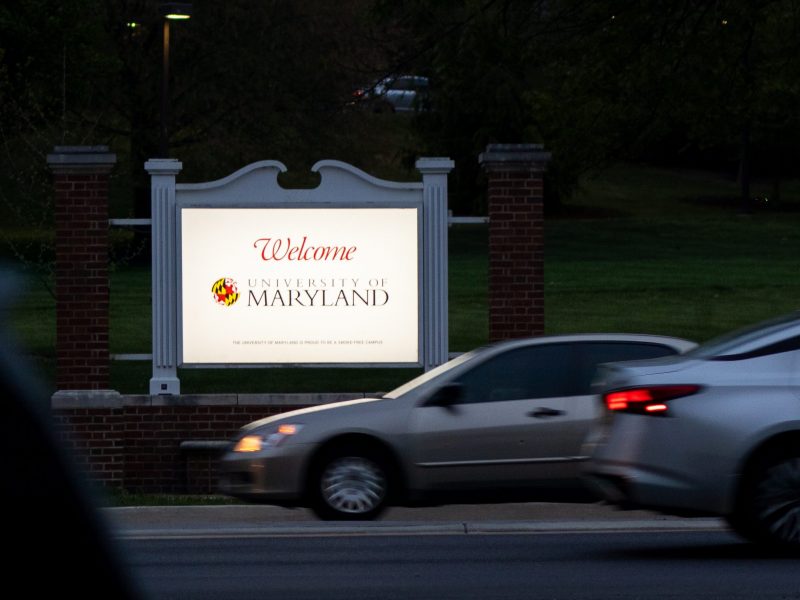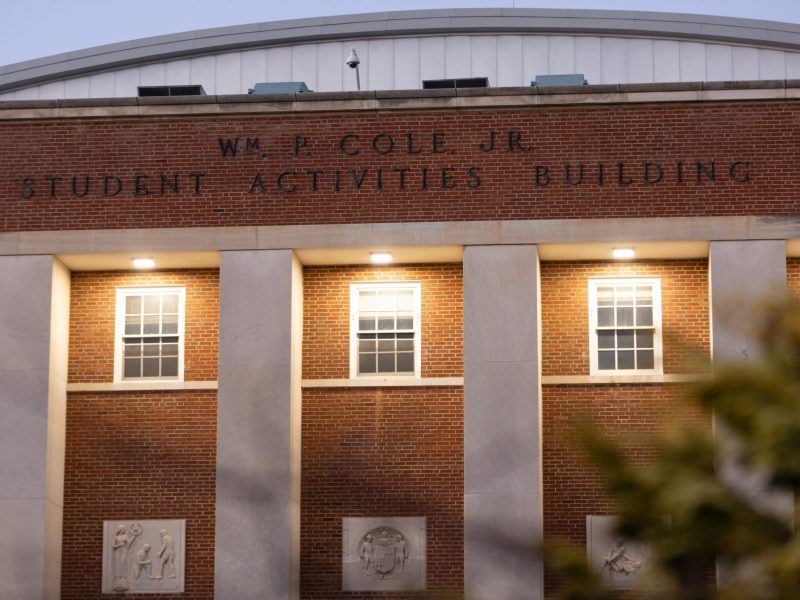University of Maryland student groups, faculty and staff are not using available grants intended to address bias in the university community, chief diversity officer Kumea Shorter-Gooden said in a panel discussion last week.
The Rise Above grants award campus community members $750 each for events and smaller projects surrounding issues of bias and identity on the campus, Shorter-Gooden said. But she noted at an Aug. 31 forum addressing campus race relations and police conduct that the funds are not being used.
Shorter-Gooden said the grant “creates opportunities for people to come together across difference … to communicate, to explore difficult topics and difficult dialogues that are often tricky to have happen in order to develop a student, staff and faculty community that is more sophisticated around diversity and inclusion.”
She hopes to improve communication about the grant to increase student participation, she added.
“I think we can do a better job in getting the word out,” she said. “It obviously takes some thinking and some work, and there are certainly some proposals that we’ve turned down because they didn’t fit what [the Office of Diversity and Inclusion] had in mind, and what we have in mind is a little different than the usual bring-a-speaker, have [a] Q-and-A type of event.”
NAACP president Lauryn Froneberger said “the hardest thing about this grant is the wait.”
Because the grant requires potential recipients to submit a proposal, it’s also hard for groups such as hers to come up with specific categories for their programming, Froneberger said.
“Sometimes these events are so hard to put in one box,” said Froneberger, a senior journalism major. “We have so many interests, we could start talking policing and we started talking about other things … some of the root causes that come up, and trying to put it in those boxes could be a little difficult.”
Student Government Association Student Affairs Vice President A.J. Pruitt said while he feels that Shorter-Gooden has done a good job promoting the grant, it still takes effort from the SGA and student groups.
“When [Shorter-Gooden] talks about the numbers being down, I think that is a reflection that, even if we are given this financial opportunity to students to host these kinds of events, it still is a lot of work for student groups to put on events that meet the standards that these grants require,” said Pruitt, a junior government and politics and economics major.
To help achieve the grant’s goals, the Student Affairs Committee is going to work this year to increase the public engagement around campus issues, Pruitt said.
The SGA partnered with the NAACP and Phi Beta Sigma to hold last week’s town hall addressing police conduct and race relations.
“Sometimes as an SGA, it is more powerful if there are other groups on campus that are holding these events with our support,” he said. “That support might be us sponsoring them, helping them achieve this grant funding … the real concrete way in making this program more successful is really recommend that people use it but also use [SGA] resources to help them meet those guidelines.”
The Office of Diversity and Inclusion will always continue to be available to provide support to people who are interested in this grant, Shorter-Gooden said.
“If there is certainly a ground swell of interest, we might think of doing that in a way that is more efficient and effective, holding a session or two, where we invite people who are prospective grant writers and do a couple of sessions … we would be open to that,” she said.


